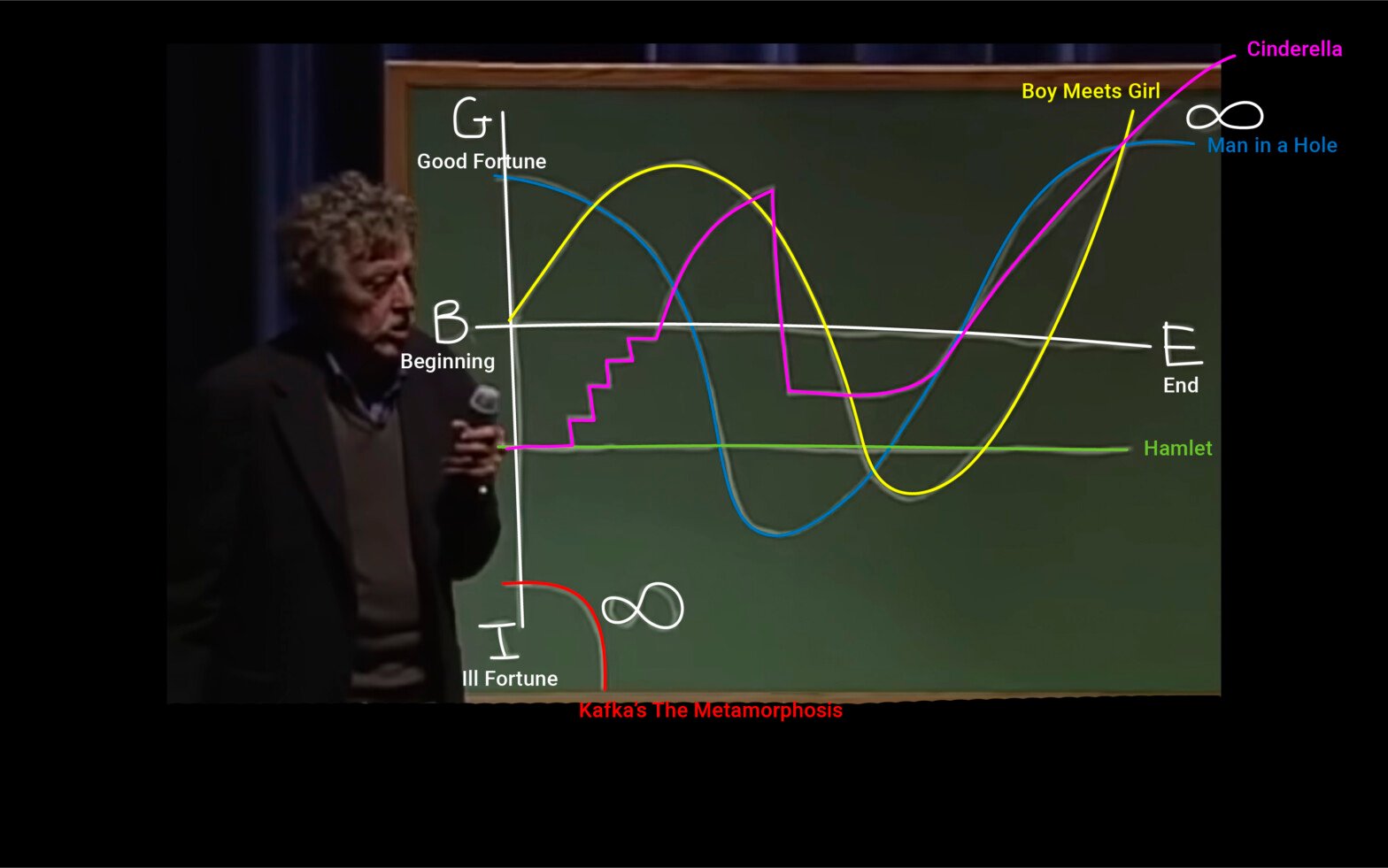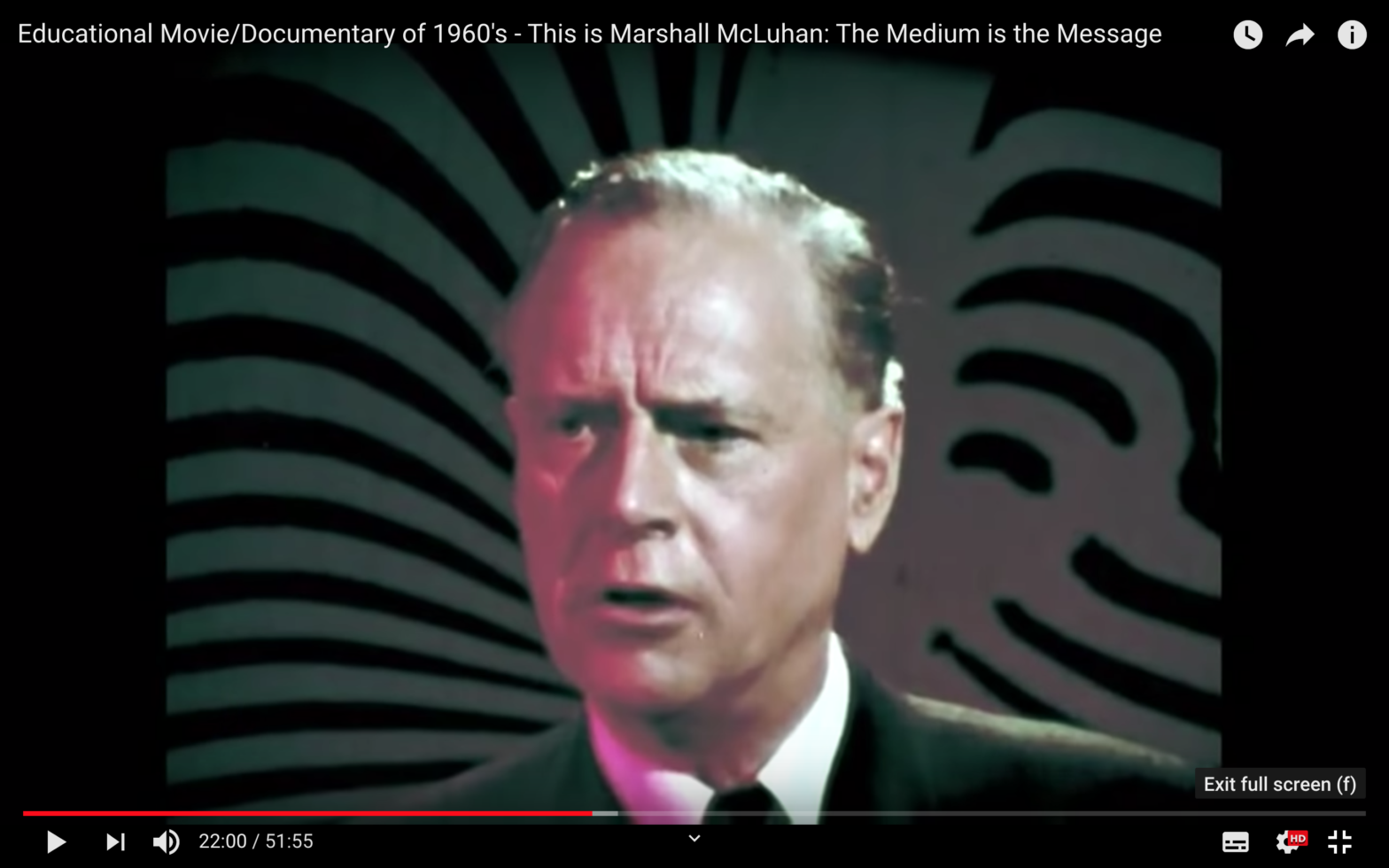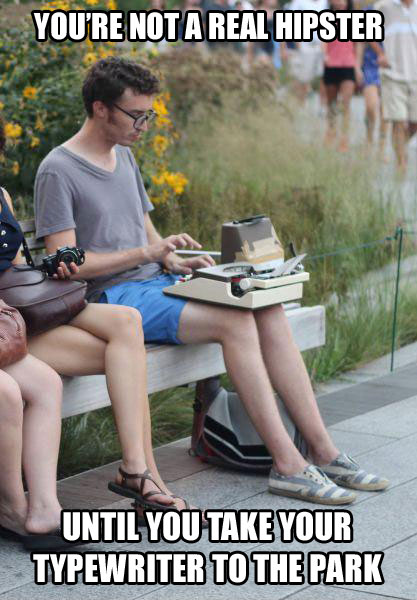Manifesto of the Communist Party by Karl Marx and Frederick Engels.pdf
Category: Theory
The Culture of the Copy — Striking Likenesses, Unreasonable Facsimiles
How is it that the ethical dilemmas at the heart of so many fields of endeavor have become inseparable from our pursuit of copies—of the natural world, or our own creations, indeed our very selves? Summary A stunning, innovative blend of microsociology, cultural history, and philosophical reflection that will fascinate anyone concerned with problems of… Continue reading The Culture of the Copy — Striking Likenesses, Unreasonable Facsimiles
Kurt Vonnegut, Shape of Stories, plus other storyline classifications
Kurt Vonnegut, Shape of Stories Vladimir Propp https://en.wikipedia.org/wiki/Vladimir_Propp Vladimir Propp was born on 29 April 1895 in Saint Petersburg to an assimilated Russian family of German descent. His Morphology of the Folktale was published in Russian in 1928. Although it represented a breakthrough in both folkloristics and morphology and influenced Claude Lévi-Strauss and Roland Barthes, it was generally unnoticed in the West until it was translated… Continue reading Kurt Vonnegut, Shape of Stories, plus other storyline classifications
Marshall McLuhan: The Medium is the Message
“The medium is the message” is a phrase coined by Marshall McLuhan introduced in McLuhan’s book Understanding Media: The Extensions of Man, published in 1964.[1] McLuhan proposes that a medium itself, not the content it carries, should be the focus of study. He said that a medium affects the society in which it plays a role not only… Continue reading Marshall McLuhan: The Medium is the Message
what-is-post-digital
About APRJA Workshops & Newspapers Search for: a peer-reviewed journal about_ What is ‘Post-digital’? Posted on 2014/01/23 by Geoff Cox Download article as PDF Florian Cramer. Reader, Creating 010, Hogeschool Rotterdam Typewriters vs. imageboard memes typewriter_hipster_meme Figure 1. “You’re not a real hipster – until you take your typewriter to the park” In January 2013, a picture of… Continue reading what-is-post-digital
Sprint: How to Solve Big Problems and Test New Ideas in Just Five Days (or 1 hour)
An integral part of our Unit 1 collaborative work has resulted from a group work method suggested by our tutor Indira Knight. We were very impressed by the quality of the work generated in a very short time, without the usual frictions and delays that newly formed heterogeneous groups usually experience in ‘regular’ brainstorming sessions.… Continue reading Sprint: How to Solve Big Problems and Test New Ideas in Just Five Days (or 1 hour)
Zhuangzi on reality, dreams and mediation
Chinese philosopher Zhuangzi comments on the relativist aspects of reality mediation using dreams analogies (Extracted from https://plato.stanford.edu/entries/zhuangzi/) When we have an accommodation (you and I come to a common agreement) you and I may both rate it as progress. However, it does not imply we have moved to a higher state of overall insight along… Continue reading Zhuangzi on reality, dreams and mediation






